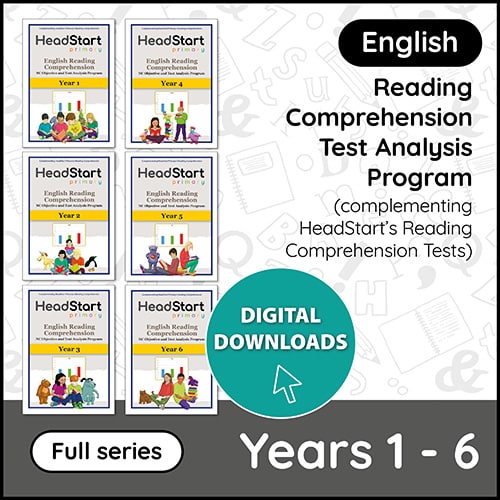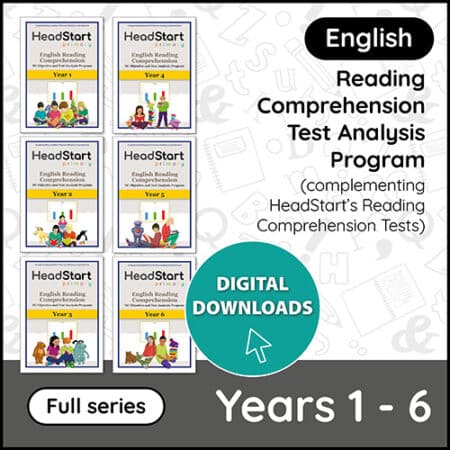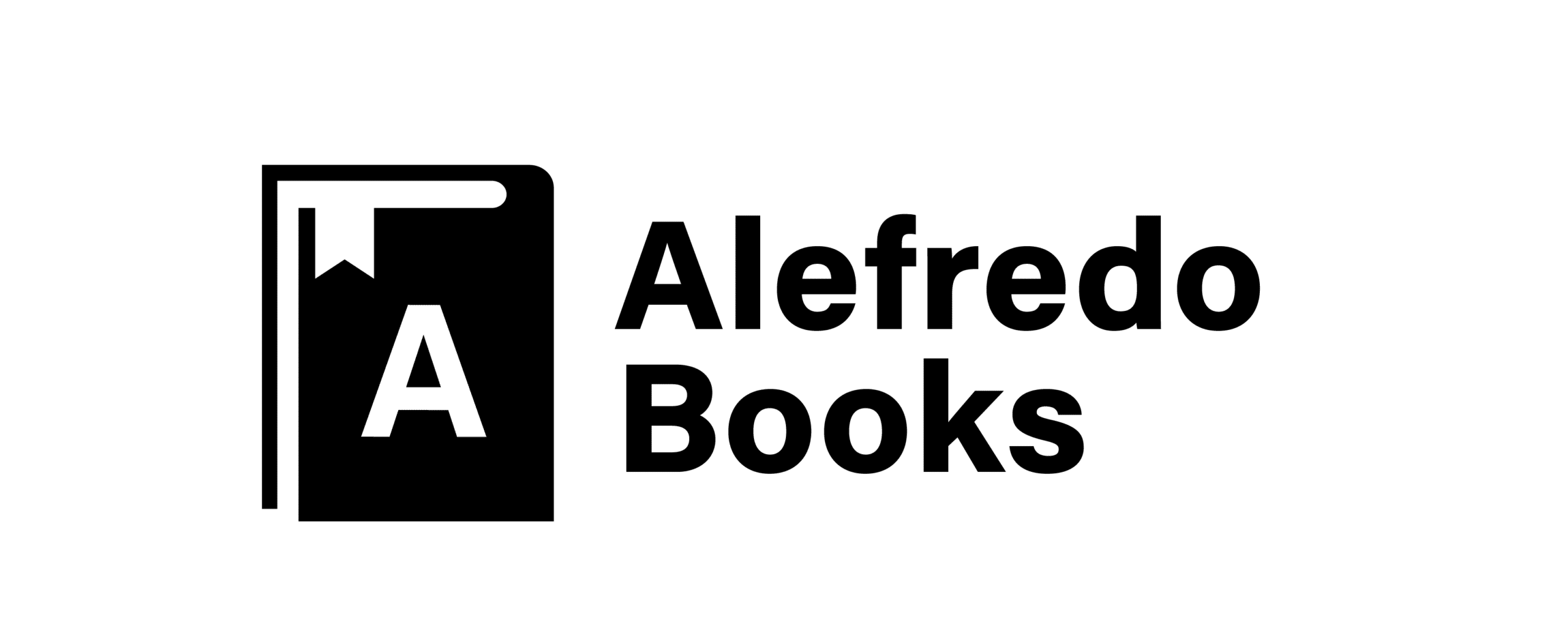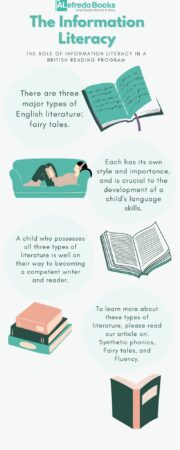
The Information Literacy
The Role of Information Literacy in a British Reading Program
There are three major types of English literature: fairy tales. Each has its own style and importance, and is crucial to the development of a child’s language skills. A child who possesses all three types of literature is well on their way to becoming a competent writer and reader. To learn more about these types of literature, please read our articles on: Synthetic phonics, Fairy tales, and Fluency.

Synthetic phonics
The Ministry of Education of British Columbia recently published a discussion paper entitled, “Synthetic phonics for early readers: Evidence-based pedagogy” that argued both explicit phonics and synthetic phrasing were essential for the effective teaching of reading. The paper also made clear that synthetic phonics is particularly helpful for at-risk students, although the Ministry did not mention systematic phonics as a pedagogical approach. It should be noted that the Ministry of Education of British Columbia refers to “high quality systematic phonics”, while it does not specifically mention the benefits of synthetic phonics.
The main goals of synthetic phonics are to teach a child to recognize and blend the letters that form words. It begins by teaching children the names of the individual letters. This is a fundamental skill that is crucial for acquiring fluency in reading. Once this process is mastered, students will be able to read words and sentences on their own. Leveled books are not necessary. The program will help your child develop a love of reading and writing.
Information retrieval skills
The study found that postgraduate students’ information retrieval skills were positively associated with scholarly information management. The participants had relatively low scores on questions related to information literacy and search skills and rated their own performance as good. However, they struggled to produce successful queries and often selected non-relevant sources. Consequently, teachers must focus on fostering high-quality retrieval skills in their students. This article examines the role of information literacy in a British reading program.
In order to determine the efficacy of their program, educators should focus on how students use information to answer questions. Research has indicated that the most effective approaches focus on fostering the development of critical thinking skills. Teachers must be aware that this process is not simple. They should be able to identify the different kinds of information and use them effectively to solve problems. The best practices include teaching students how to evaluate sources and create search queries that are appropriate for a given situation The Information Literacy.
Fairy tales
A well-known unit of study, fairy tales can taught in many ways. Fairy tales are widely known to students, and they can also introduce surprising twists and turns. Fairy tales can also be taught with a day-by-day lesson plan. Adapt the plan to fit the needs of your class, or use it as-is. This lesson plan can used for a variety of purposes, from teaching the characters of fairy tales to encouraging a child’s imagination.
As students read, they can create their own fairy tale. For this, they can draw scenes or put together a book display of pictures that correspond to the story. Students can also complete a “Fairy Tale Sequencing Notes” activity, where they record five events in a fairy tale. Then, students can complete a graphic organizer to describe each event, such as a story map or retelling hand.
Fluency
Fluency a skill that can taught. It is important for teachers to model reading fluency for their students. Teachers, parents, and relatives should practice reading with their children and model good reading habits. The more models of fluent reading a child has, the more likely they are to mimic those behaviors themselves. Fluency-developing strategies include aided reading, Reader’s Theatre, and character-based activities.
Assessment of reading fluency is a crucial part of any fluency instruction. In addition to reading comprehension, fluency closely linked to phonics. Students who struggle to read without fluency often spend a lot of mental energy decoding individual words, and as a result, do not comprehend what they read. They often feel uncomfortable reading, find the activity to be unpleasant, and cannot engage in the activities associated with reading.
Comprehension
In the UK, the British reading program, P.E.A., measures comprehension, decoding, and fluency. The program’s latent constructs reflect a simple view of reading, which postulates that reading is a function of decoding and comprehension skills. Pupils tested in groups of three to four, with RAs instructing each group. They completed test booklets independently. The test booklets designed to measure decoding and comprehension skills.
Pupils should guided in the reading of longer words, so that they can compare different pronunciations. Longer words may not sound familiar, but pupils will try to match them to words they already know. While the length of a reading task should increase, comprehension should remain the primary focus. The level of complexity of writing increases with age, but comprehension requirements remain consistent. The British reading program comprehension requires the same levels of skill for pupils in years three and four as those in years five and six.


cartoon porn
June 6, 2022Your welcome and I’m glad you shared and I got to see